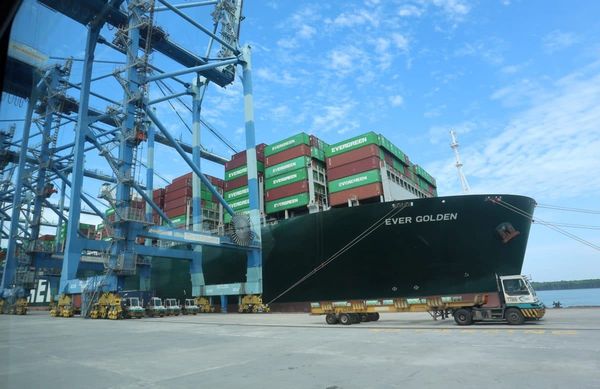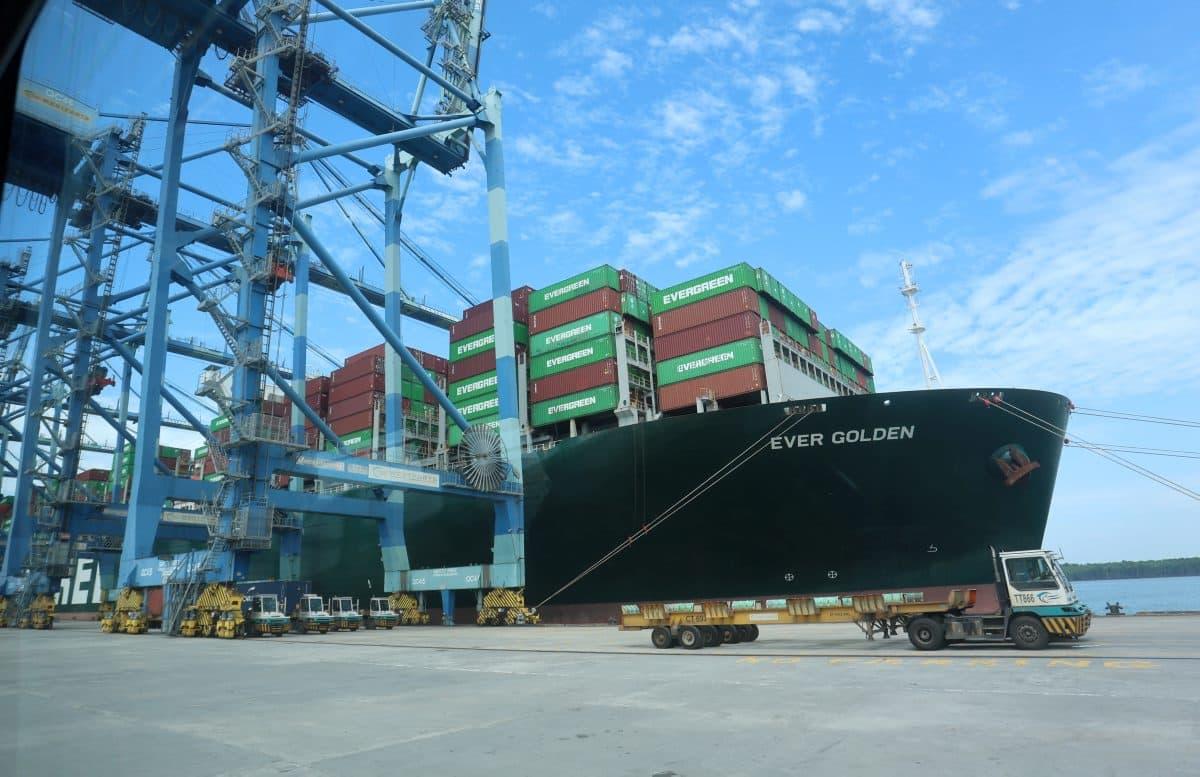KUALA LUMPUR, Sept 10 — The Dewan Negara has passed the Countervailing and Anti-Dumping Duties (Amendment) Bill 2025, which aims to strengthen protection for local industries from unfair trade practices from foreign countries.
The bill was tabled for the second and third reading by Investment, Trade, and Industry (Miti) Deputy Minister Liew Chin Tong.
He said the amendments to the bill were important to address the issue of dumping of conventional products, which are sold cheaper in Malaysia compared to the prices in the producing country itself.
“It also targets imports that are unfairly subsidised by producing countries and then sold in Malaysia at lower prices, thus harming local producers. The importance of amending this law is so that investigations can be conducted and action can be taken.
“Although we have laws before, they are not enough,” Liew said when winding up the debate on the bill, which was debated by five senators today.
He added that Miti has launched the Trade Remedy Investigation Management (Trima) system to facilitate the process of submitting petitions by local manufacturers, especially small and medium enterprises (SMEs).
In implementing anti-dumping and countervailing duty investigations, the government does not impose any costs on local industries, but only requires them to fill out a questionnaire and submit evidence digitally through the Trima system.
“This is being implemented for the survival of the local industry. The government is also providing technical advisory and guidance services to help SMEs, including downstream industries, improve their understanding of anti-dumping and countervailing measures.
“Government services in terms of implementing trade practice actions are for all local producers from various sectors and are not limited to the iron and steel sector,” Liew said.
Concerning dumping through e-commerce, he said control and enforcement are implemented through taxation policies and cooperation with related agencies such as the Royal Malaysian Customs Department, the Domestic Trade and Cost of Living Ministry, and the Finance Ministry.





